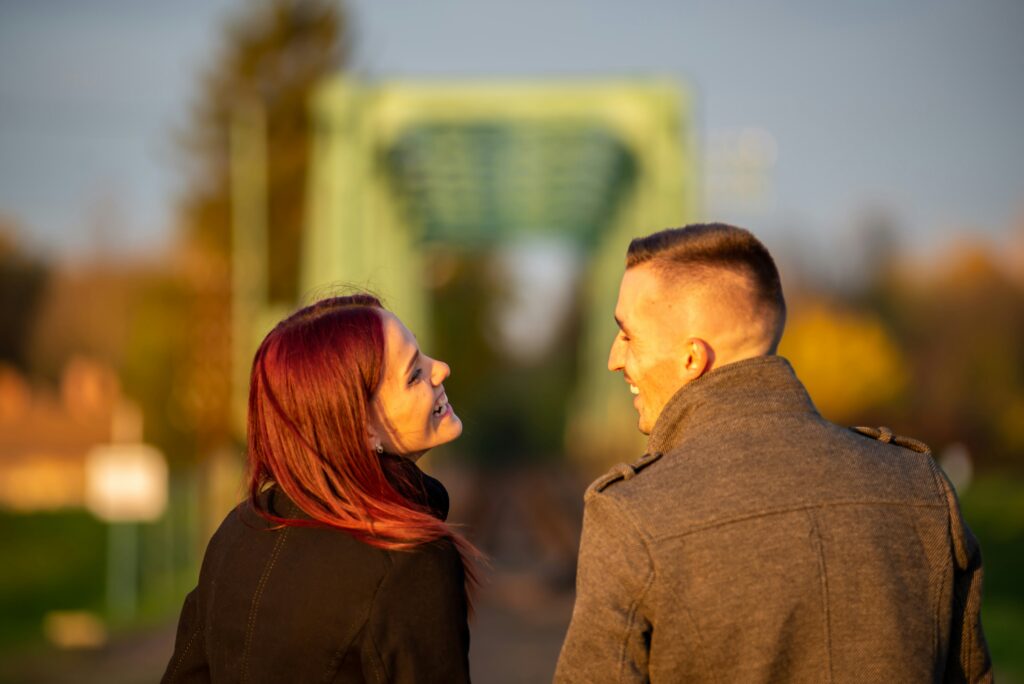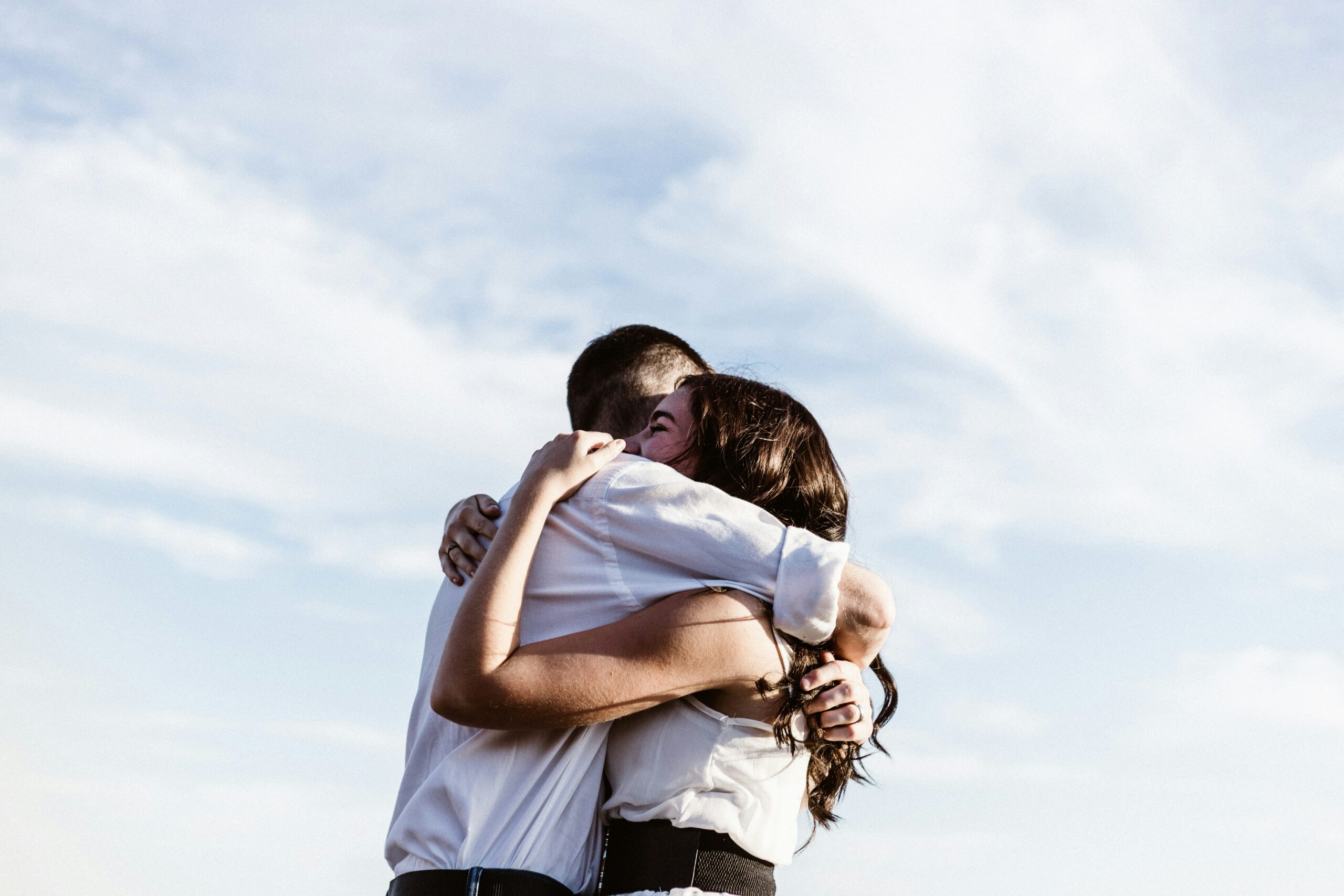Attachment styles are patterns of emotional and behavioral responses formed in early childhood that influence how we connect, bond, and relate to others in our relationships. These styles are important in relationships because they significantly impact how we communicate, form attachments, and navigate the challenges and dynamics of intimate partnerships.
There are four main attachment styles:
1. Secure Attachment

Individuals with a secure attachment style tend to have positive views of themselves and others. They are comfortable with intimacy and autonomy and are able to balance their need for closeness with their need for independence. In relationships, they tend to be trusting, emotionally open, and supportive of their partner’s independence. They are generally better at communication and conflict resolution.
2. Anxious-Preoccupied Attachment
People with an anxious attachment style often worry about their worthiness and fear rejection. They tend to seek constant reassurance and validation from their partners and may become overly dependent on the relationship for their emotional well-being. They can be hypersensitive to any signs of potential abandonment or distance and may engage in “protest behavior” when they feel threatened, such as becoming clingy or demanding.
3. Avoidant Attachment
Individuals with an avoidant attachment style are uncomfortable with emotional intimacy and may prioritize their independence and self-sufficiency. They often downplay the importance of close relationships and may have difficulty expressing their feelings or needs. In relationships, they may avoid emotional discussions, create distance when they feel too close, and have a fear of commitment.

4. Disorganized Attachment
Disorganized attachment is characterized by a lack of a clear attachment strategy. People with disorganized attachment may have experienced inconsistent caregiving or traumatic experiences in childhood, leading to confusion in their adult relationships. They may exhibit unpredictable behaviors in relationships, swinging between seeking closeness and pushing others away. Disorganized attachment can be associated with unresolved trauma.
Attachment Style in Relationships
The importance of attachment styles in relationships lies in their influence on various aspects of how individuals interact with their partners. Attachment styles can impact our communication styles, and our approach in conflict resolution. They also play a role in how as individuals we regulate our emotions, which inevitably impacts our ability to connect with others.

Our attachment style can also impact how we choose a partner. For example, anxious individuals may be drawn to avoidant partners, creating a challenging dynamic. Our past experiences in relationships, whether that be friendships, romantic or familial relationships, heavily influence how we approach relationships in our adult lives. Once we recognize these patterns, we can get curious about how we can choose relationships that are more closely aligned with how we want to grow and lean into our authentic selves.
Understanding attachment styles in relationships is valuable because it can help individuals and couples identify potential challenges and areas for growth. Couples therapy often incorporates attachment theory to help partners communicate better, address relationship dynamics, and work towards developing more secure attachment patterns, ultimately leading to healthier and more satisfying relationships.
THERAPY SERVICES FOR DATING AND RELATIONSHIPS WE OFFER IN MANHATTAN & BROOKLYN, NEW YORK
If the journey of being a happy, single person feels challenging, seeking professional support can be a valuable resource. Therapists are trained to help individuals navigate their emotions, explore personal goals, and develop strategies for finding fulfillment. Through therapy, you can gain insights into patterns of thinking and behavior, identify areas for growth and receive guidance on building a positive and meaningful life.
Our society often prioritizes romantic relationships, but learning how to be happy as a single person is a powerful and transformative journey. It’s a time for self-reflection, personal growth and the cultivation of genuine happiness that comes from within. By embracing solitude, practicing self-love, building meaningful connections and setting personal goals, you can navigate the single life with confidence. Remember that being single is not a state of lack but an opportunity for fulfillment. Embrace your journey, focus on your well-being and fall in love with yourself!
- Submit a Contact Form or Email Us at hello@manhattanwellness.org
- Learn More About Our Team of Female Therapists and Our Areas of Expertise
- Let’s Talk About How We Can Help You Feel Empowered & Ready To Take The Next Step.
OTHER THERAPY SERVICES OFFERED IN MANHATTAN, BROOKLYN, & THROUGHOUT NEW YORK
We offer a diverse range of individual counseling services and couples therapy. Our dedicated therapists can help with stress management, symptoms of depression, self-esteem challenges, and college student counseling. Additionally, we specialize in offering support for addressing body image concerns, and navigating the unique challenges faced by women, among other aspects. If you need support, reach out to connect with a therapist.
